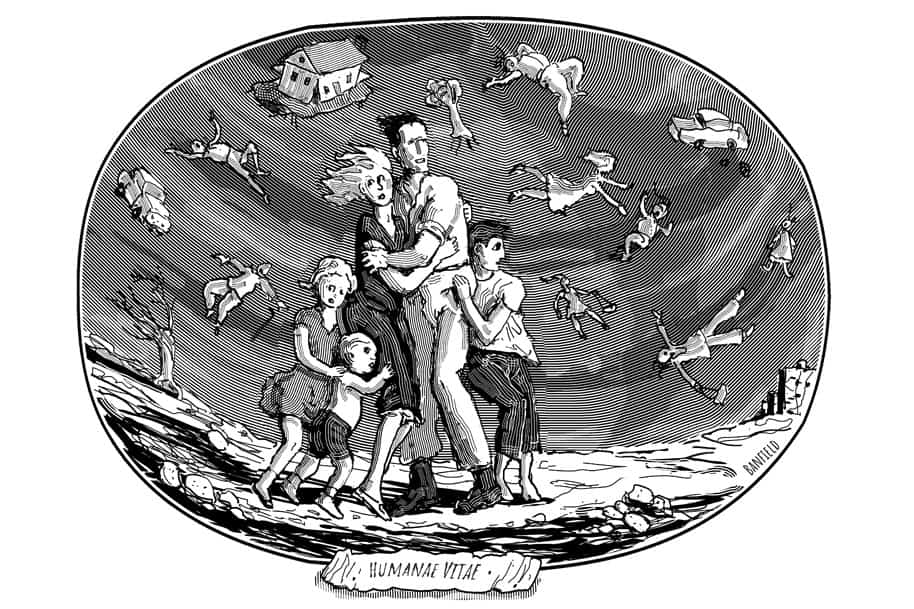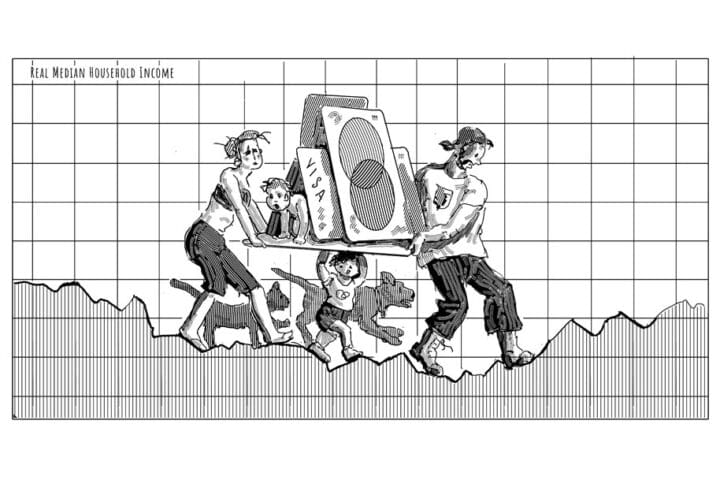Books Reviewed
The pill’s radical transformation of modern life is almost always presented as unambiguously positive. Historian Claudia Goldin, for example, received the 2023 Nobel Prize in Economic Sciences for showing the link between the birth-control pill and rising female workplace participation. Only insofar as this transformation remains incomplete is it generally perceived negatively today.
A contrary view of the pill was provided in 1968 at the height of the sexual revolution in Pope Paul VI’s Humanae Vitae. Unlike the mainstream liberation narrative, this encyclical emphasized the indispensable link between sex and procreation, and reaffirmed the core Christian importance of marriage in uniting a couple with one another and with God. Humanae Vitae forbade the use of artificial contraception, warning that severing sex from reproduction would degrade women and encourage destructive, selfish forms of individual freedom, with widespread harmful consequences for the social fabric.
***
Fifty years on, who is right? Certainly, Goldin is correct about the pill’s emancipatory effect. But, as social critic Mary Eberstadt argues in Adam and Eve After the Pill, Revisited, Paul VI was right, too. The Panula Chair in Christian Culture at the Catholic Information Center in Washington, D.C., and a senior research fellow at the Faith & Reason





